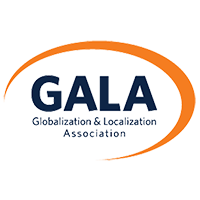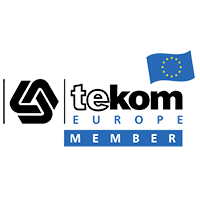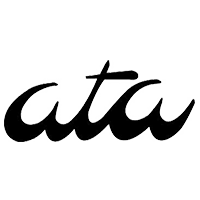4 Challenges of the New IVDR and How to Meet Them
The world’s second largest market for medical technologies is about to undergo a sea change. Are you as ready as you can be?
The new medical devices regulation (MDR) and in vitro diagnostic regulation (IVDR) will mandate stricter safety and data requirements for devices distributed in the European Union. The MDR begins taking effect on May 26, 2020, and the IVDR will follow exactly two years later (The European Commission postponed the MDR Deadline for one year, to 26 May 2021, to give medical device companies a chance to focus on the current COVID-19 pandemic). That may seem like a way off, but there’s no time to lose – the cost and complexity of this transition could cause thousands of products to leave the EU market.
In order to make the transition as smooth as possible, here is a brief recap of some of the most notable changes and challenges the IVDR brings, along with some things you can do to make sure you’re equipped to meet them.
- A new system of classifying devices. The IVDR is set to replace the current list-based classification system with four risk categories, ranging from lowest risk (class A) to highest (class D). Previously, notified body oversight was only required for about 20 percent of products and the vast majority of IVD devices could “self-certify”. The new IVDR flips the numbers, requiring about 80% of devices to have some level of notified body oversight.
- Overworked notified bodies. Tighter regulations and more devices requiring oversight means that the workload for notified bodies will skyrocket. At the same time, the number of notified bodies getting compliance for IVDR is slow, and when IVDR-designated notified bodies do become ready they will prioritize companies they already have relationships with.
- New scope and definitions. The definition of an IVD has been clarified and now applies to more types of devices, including new technologies like predictive genetic tests, companion diagnostics, and software. The new IVDR also makes it clear that regulatory oversight extends to devices like home-use genetic tests that are made available to EU citizens online by companies based outside the EU.
- More supply chain oversight. The new IVDR covers the entire supply chain, adding more responsibilities for manufacturers, importers, distributors, and authorized representatives. Every link in the supply chain will have to check the previous link, notified bodies will be able to audit suppliers and subcontractors at any time, and legal manufacturers will need a designated employee to guarantee IVDR compliance.
The good news is that the potential solutions are varied as the challenges. Here’s just a small sampling of the things that companies affected by the IVDR can and should do as soon as possible:
- Get regulatory affairs personnel involved to interpret the regulation accordingly
- Explore non-EU markets
- Review quality contracts with existing suppliers and contract manufacturers
- Review the classification of your products to determine if they still follow the classification in the IVDR, or whether other products may now fall under this new classification
- Review and update your quality management systems
- Start building a relationship with a certified notified body
- Assess technical documentation, clinical evidence, labelling, post-market surveillance, and reporting
When it comes to that final point, the new regulation will require IVD manufacturers to partner closely with translation and localization suppliers to guarantee compliance. Your language services provider (LSP) will need to fully understand the implications of the IVDR and be able to quickly implement the changes your company needs. Supply chain transparency and risk management requirements will mean high demand for LSPs who can prove quality methodologies that are confirmed by certifications such as ISO 13485:2016.
At Argos Multilingual, we’re ready and able to help guide you through the IVDR and any other regulatory changes you may face. For more information about how we can help you stay compliant, contact us.




